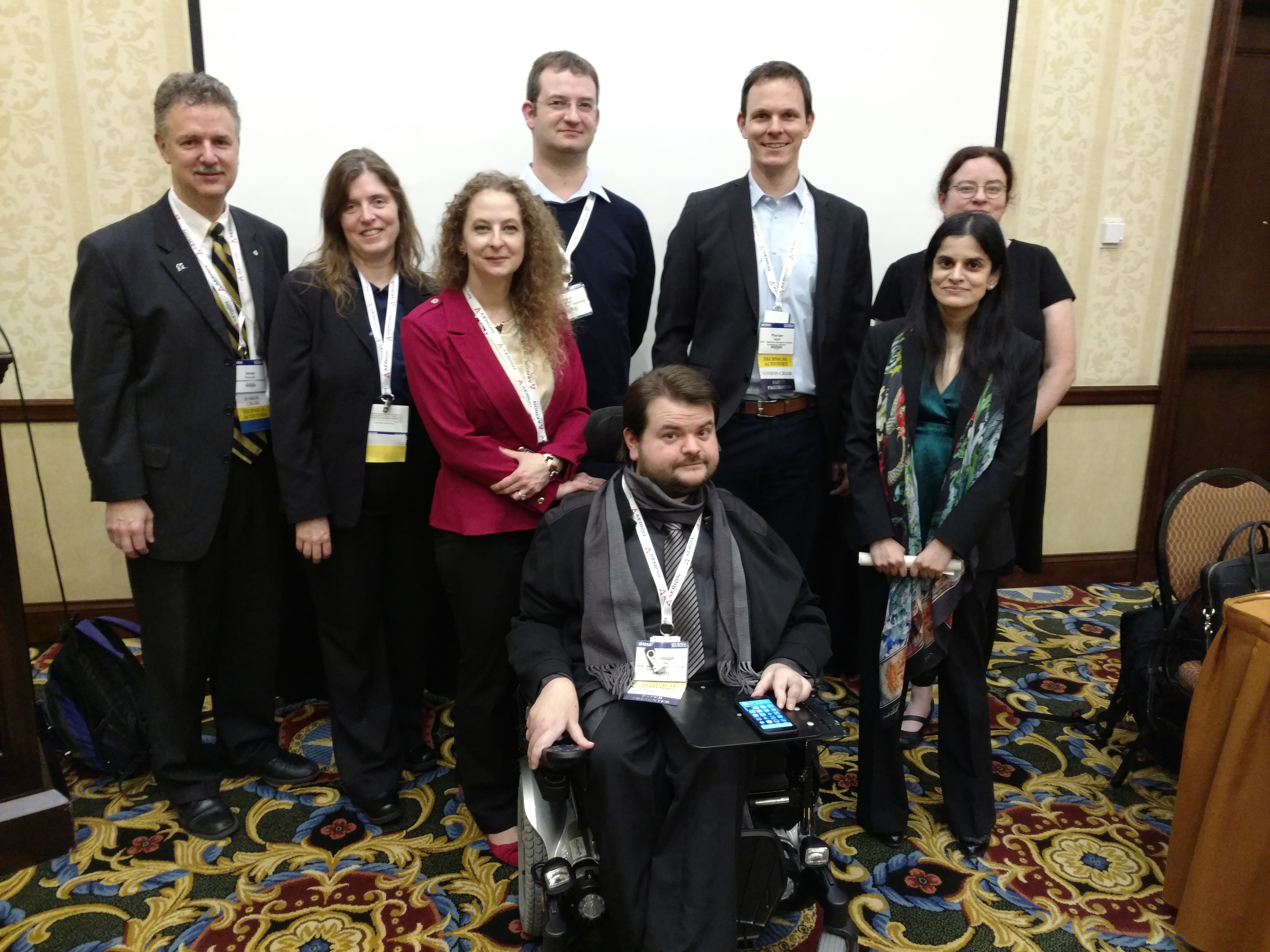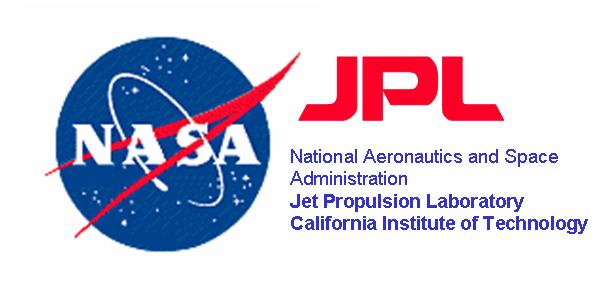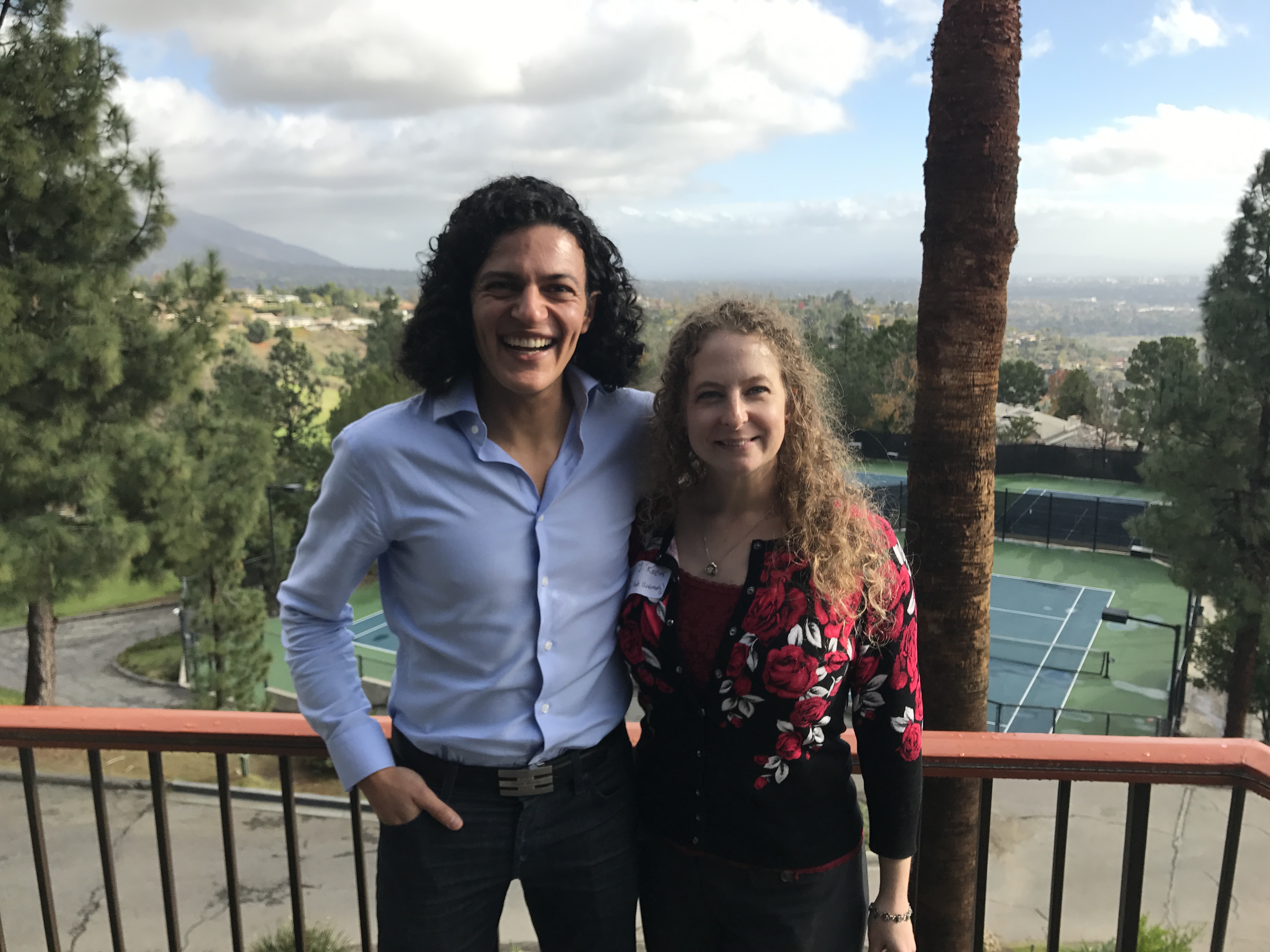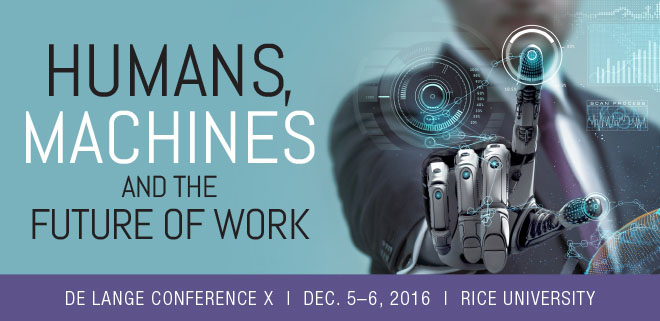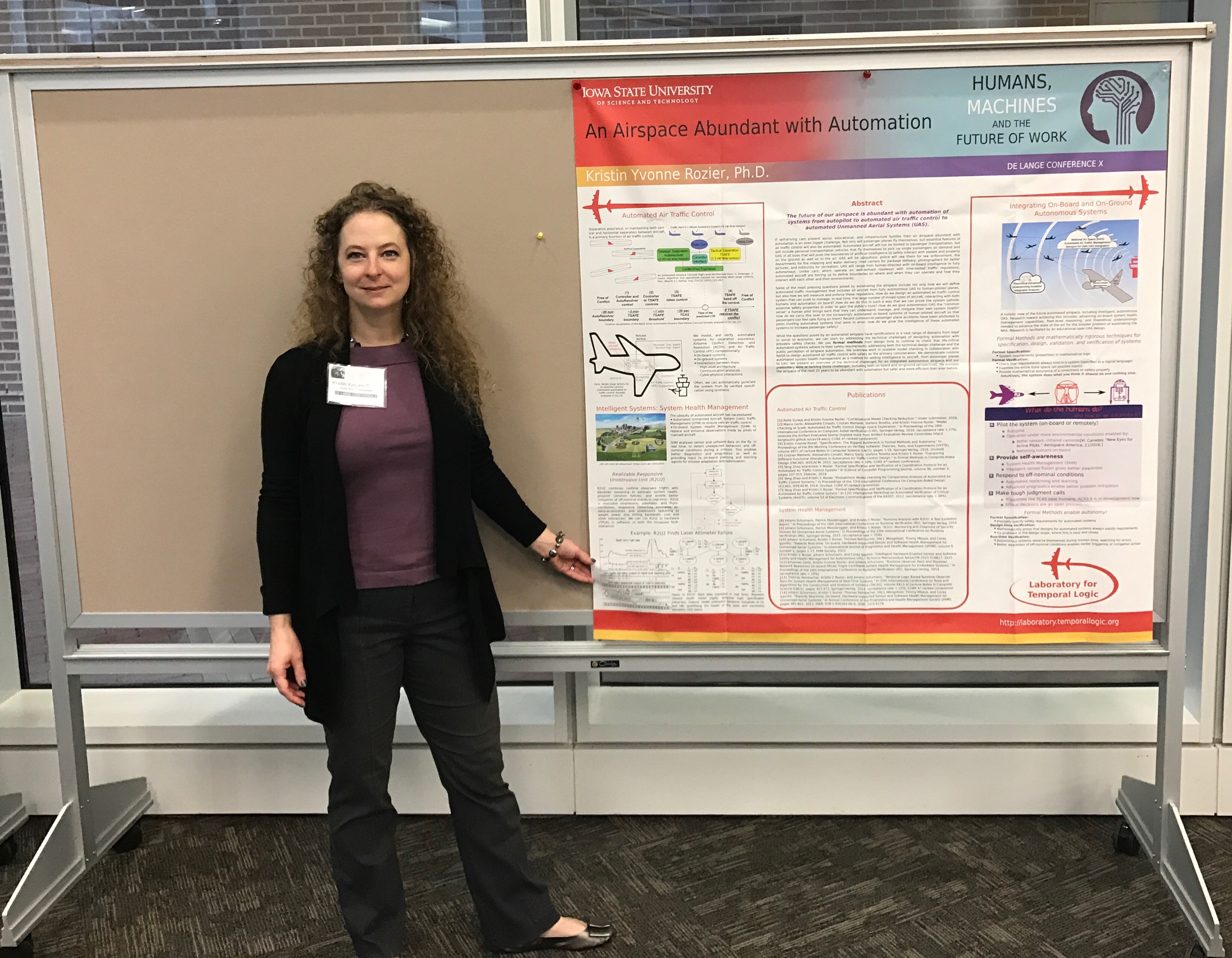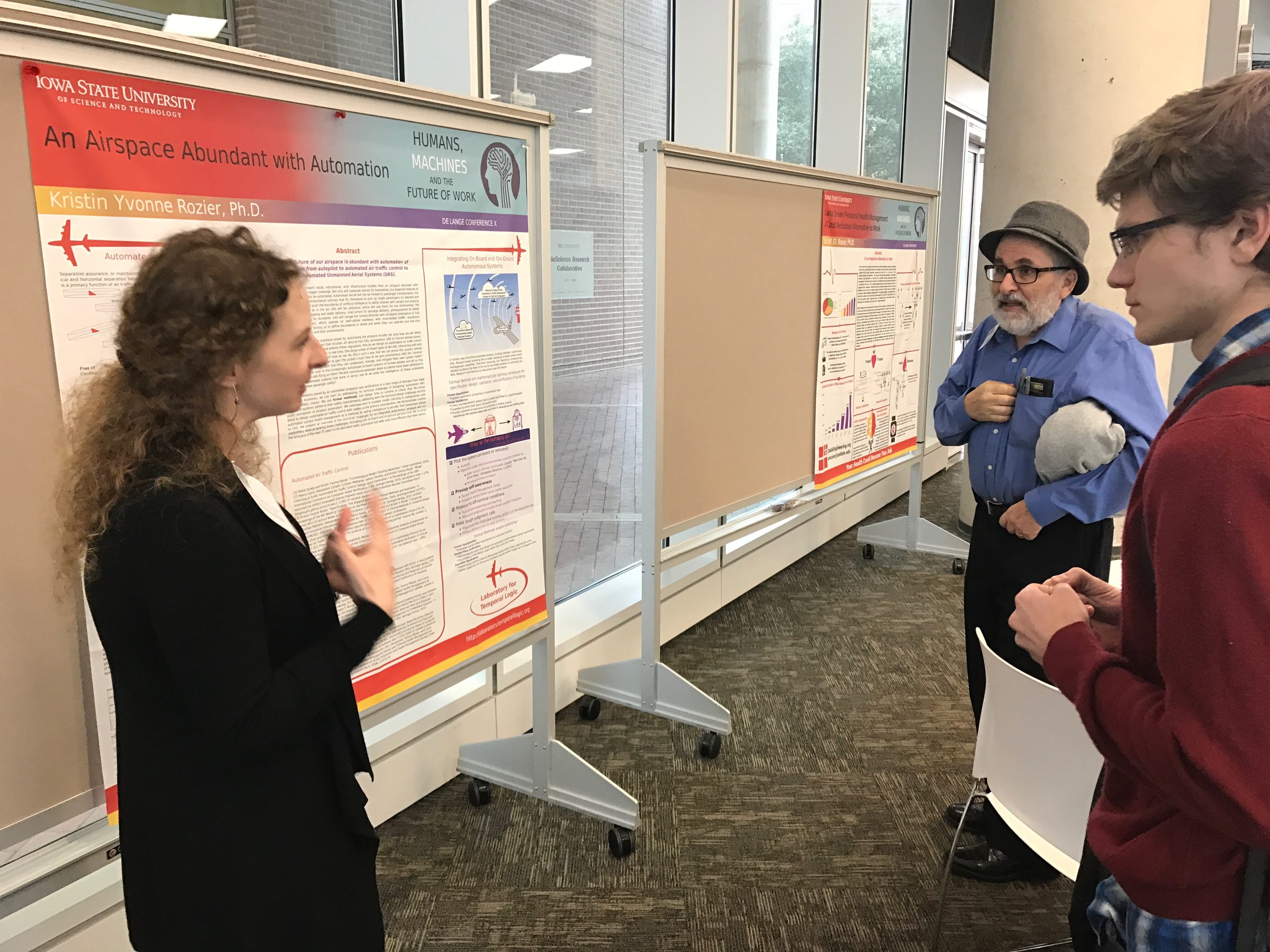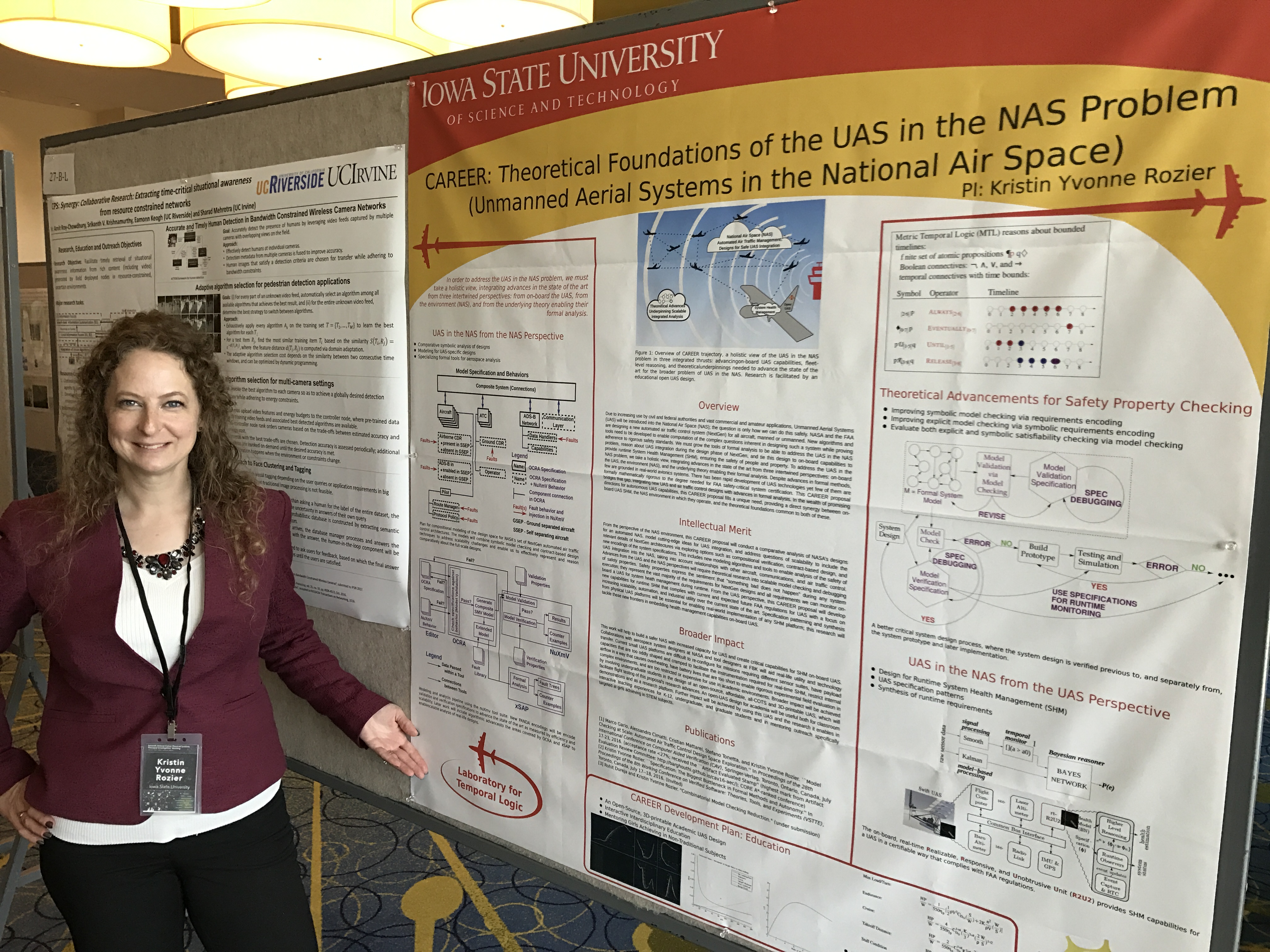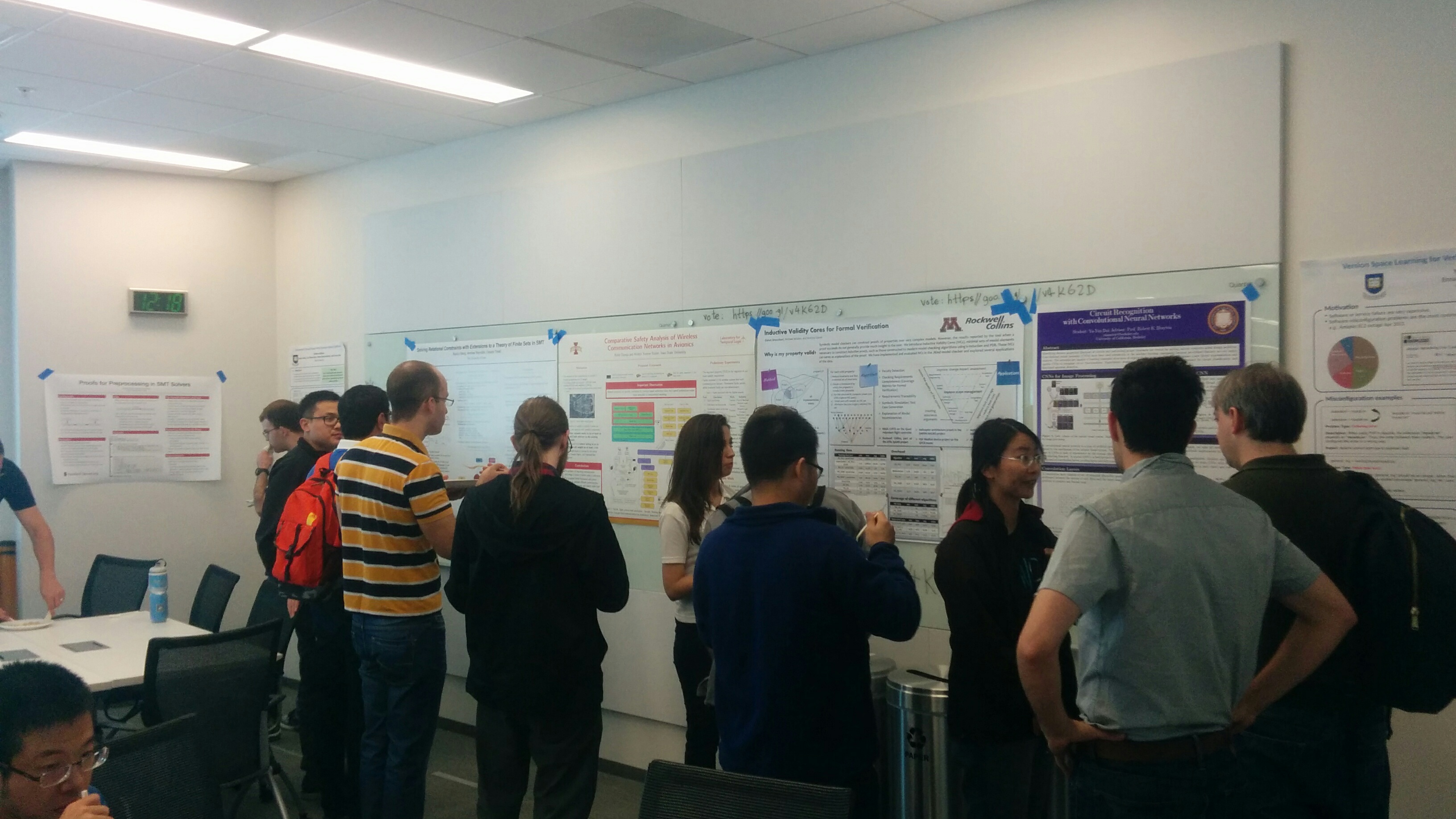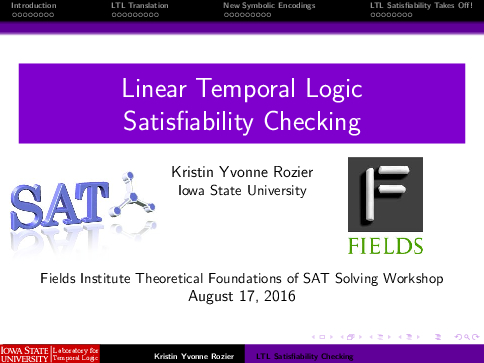Laboratory alumna Katherine Kosaian is giving a keynote at the 2025 ICICL! Rozier is giving an invited talk. Registration is free!
https://icicl.wp.drake.edu/conf/
ICICL, the Iowa Colloquium on Information, Complexity, and Logic, a research colloquium run jointly by researchers at Drake University and Iowa State University, will be hosting the third of three NSF-funded summer conferences on June 3-4, 2025.
Katherine Kosaian – Formalizing mathematics in Isabelle/HOL
Abstract: Many mathematical algorithms are used in safety-critical contexts. Correctness of these algorithms, and the mathematical results underlying them, is crucial. In formal methods, a piece of software called a theorem prover can be used to formally verify algorithms. In this approach, code for an algorithm is accompanied by a rigorous proof of correctness that only depends on the logical foundations of the theorem prover. Algorithms that have been verified in this way are highly trustworthy and thus safe for use in safety-critical applications.
The theorem prover Isabelle/HOL is well-suited for formalizing mathematics. This talk will motivate formalized mathematics, exhibit how mathematics is formalized in Isabelle/HOL, and discuss the challenges that may arise, with a focus on three case studies.
Kristin Yvonne Rozier – On the Unusual Effectiveness of Temporal Logic
Abstract: Aside from being a fun and interesting class of modal logic, temporal logics have become essential tools for safety-critical system verification and AI applications including planning and synthesis. We highlight a couple of temporal logics and show some of their real-life, cutting-edge applications. Linear Temporal Logic (LTL) intuitively captures system timelines, and provides a specification language for model checking, the most popular formal verification technique, which exhaustively proves whether a system always upholds its specifications. Mission-time Linear Temporal Logic (MLTL) adds closed-interval integer bounds on the temporal operators of LTL, enabling unit-agnostic specification over finite traces. MLTL optimizes the trade-off between expressibility of a wide range of realistic requirements and the ability to author generic, easy-to-validate formulas that capture concepts commonly seen in, e.g., aerospace operational concepts. We highlight systems where LTL and MLTL requirements play a critical role, including NASA’s Automated Air Traffic Control system, Robonaut2 and the NASA Lunar Gateway Vehicle System Manager.



